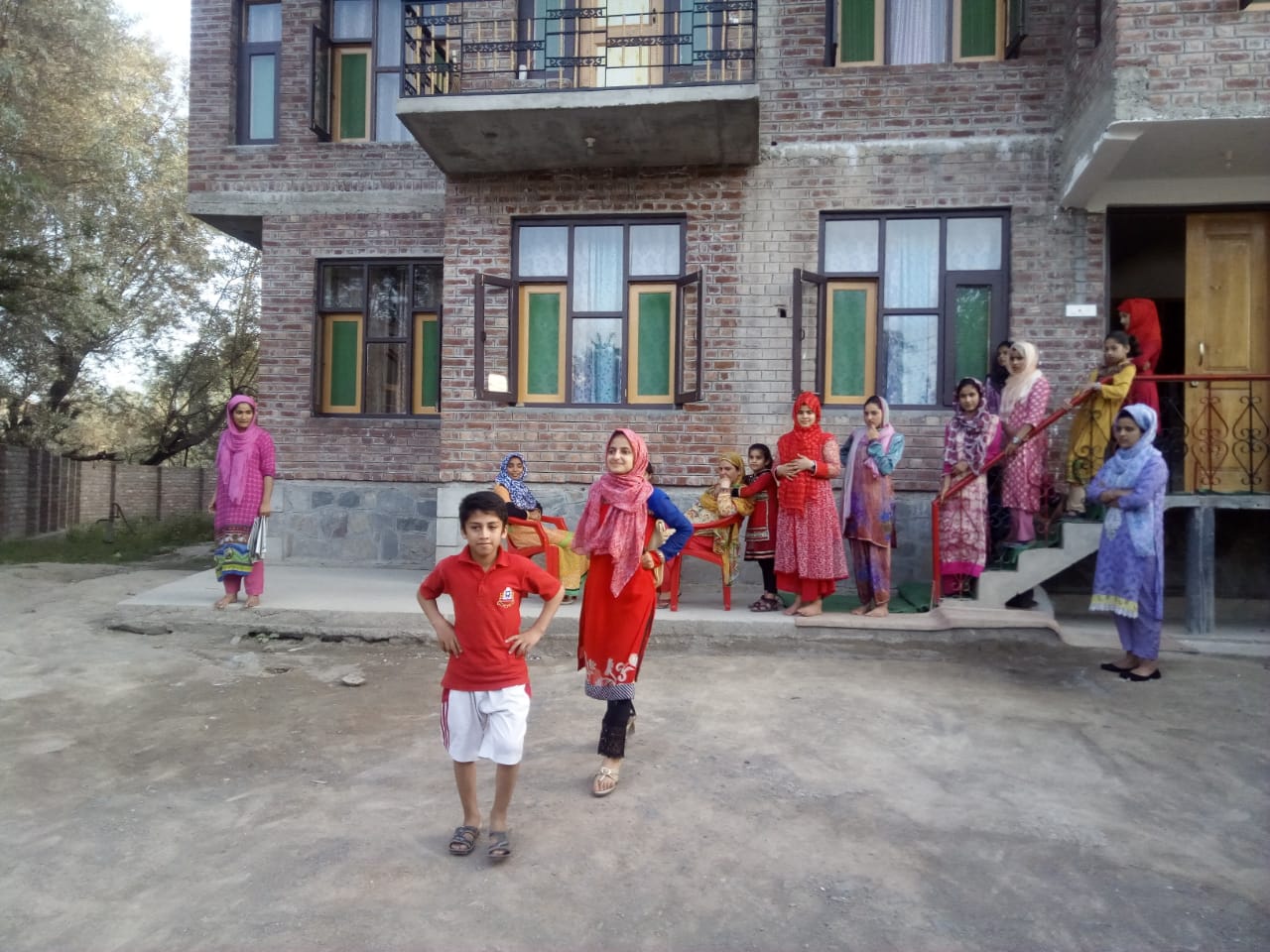Over 10 percent of the population is poor
.jpg?width=800)
SOS Children’s Villages provides support so that children can grow up in families (photo: SOS archives).
The city of Srinagar is the largest city in the state of Jammu and Kashmir and has a population of over 1.5 million people. The area is very mountainous, and prone to floods and other natural disasters.
The region has also been affected by years of conflict: tens of thousands have been killed or have disappeared. Inevitable this has marked the lives of many families. In some cases, children have lost parental care and support due to the conflicts. In other cases, families have been forced to move and start a new life elsewhere.
Over 10 per cent of the population is poor. Most people live in rural areas, and survive off agriculture. However, an increasing number of families are moving to the city of Srinagar in search of a better life.
Nevertheless, life in Srinagar is not easy. Many families end up living in dilapidated houses that are often overcrowded. These slum areas lack basic urban services like sewage facilities or easy access to schools or health centres.
Children and young people are most at risk
According to a recent study, around 215,000 children have lost their parents. The majority of these children face psychological setbacks; they need special support and care that will help them recover.
Women head around nine percent of households. In those cases where women are responsible for bringing up children alone, they often struggle to find a way of making a living and caring for their children. A single mother’s income is seldom enough to provide for her family, putting them especially at risk of becoming poor.
When families cannot stay together, children sometimes have to fend for themselves, spending time on the streets, begging or doing other menial jobs. SOS Children’s Villages aims to support families in difficult situations before they come to this crisis point, so that children can stay with their families. If this is not possible, we provide a safe and nurturing home for these children.
Young people are also at risk, especially because they find it hard to find a job and make a living. Almost 25 per cent of 18-29 year olds are out of work.
What we do in Srinagar
SOS Children’s Villages began working in Srinagar in 2004. We work closely with the local authorities and community-based organisations to assist children, young people and families.
Strengthen families: We support vulnerable families so that they can stay together and children can group up in a stable and caring home. We provide training so that families can make a living, and we raise awareness on children’s rights and health issues. Local self-help groups come together regularly to discuss issues and solve problems. Our aim is to make the families able to live off independent means. In 2017, we assisted 182 families, which included over 800 children and adults. We also provided assistance in the aftermath of the floods, for example, we provided food and other basic goods to over 100 families.
Care for children who have lost parental care: For children who are no longer able to live with their parents, SOS families can provide a loving home. In each family, they live with their brothers and sisters and are cared for by their SOS mother. The children live in homes throughout a suburb to the south of the city centre, alongside other families from the neighbourhood. The children attend local schools.
Wherever possible, we work closely with the children’s family of origin so that they can live together again. We make sure that they are in regular contact and monitor the relationship between the child and their family. When the child goes back to stay with their family, we continue to support them.
Support for young people: As children grow older, we support them while they pursue further education or vocational training. We help young people take responsibility, plan their future and prepare for independent adult life.